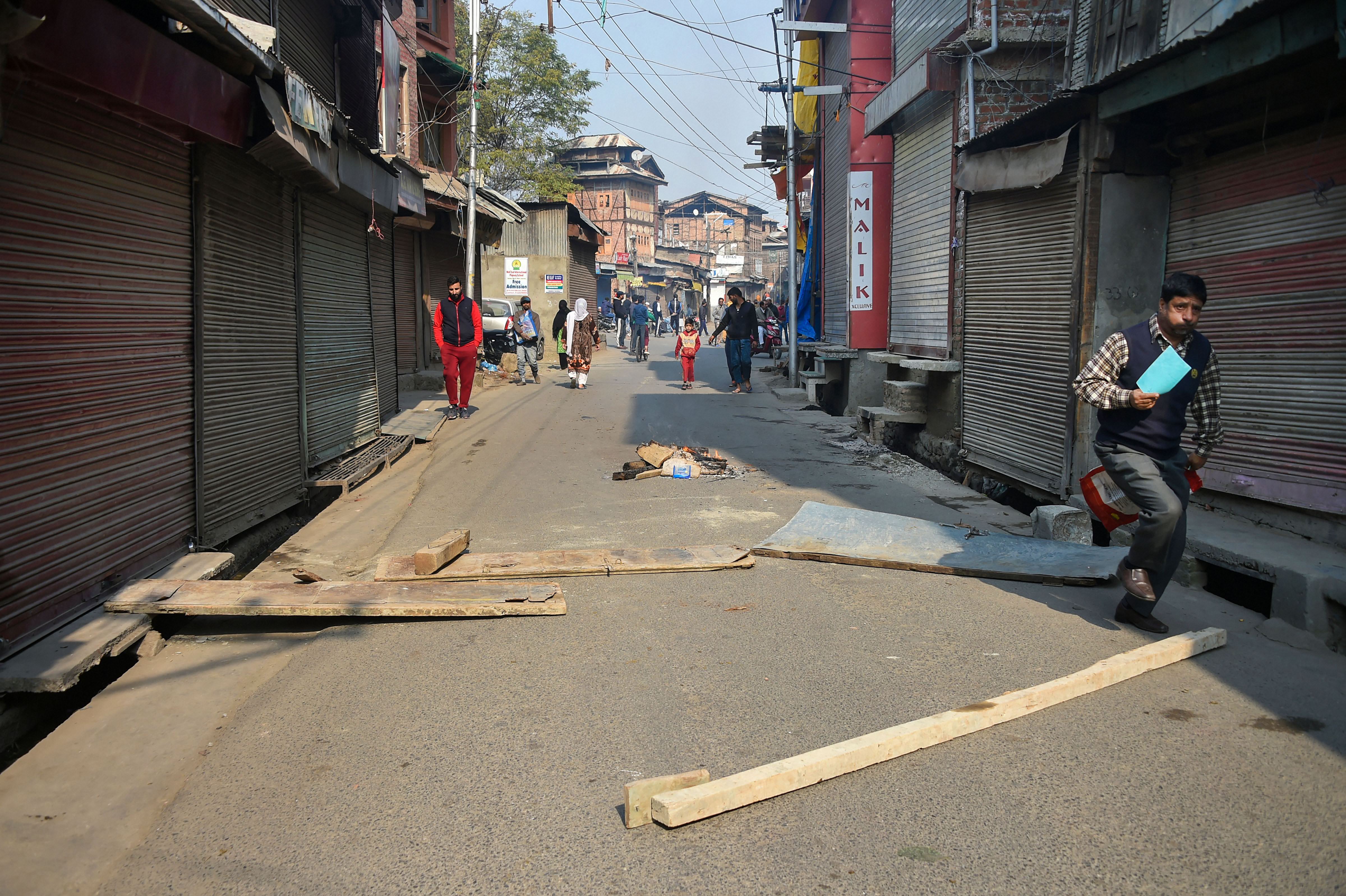
UN urges India to fully restore rights of Kashmiris

Expressing concern over the situation in Kashmir, the UN said on Tuesday (October 29) that people in the Valley continue to be deprived of a wide range of human rights and urged the Indian authorities to fully restore their rights.
Normal life remained disrupted in Kashmir for the 86th day on Tuesday following the August 5 decision to revoke Article 370 of the Constitution and bifurcate Jammu and Kashmir into two union territories. Markets remained closed while transport remained off the roads due to the clashes.
“We are extremely concerned that the population in Kashmir continues to be deprived of a wide range of human rights and we urge the Indian authorities to unlock the situation and fully restore the rights that are currently being denied,” said Rupert Colville, Spokesperson for the UN High Commissioner for Human Rights.
Although some of these measures have been relaxed, their impact on human rights continues to be widely felt, he said.
“The undeclared curfew imposed by the authorities in the region was lifted from much of Jammu and Ladakh region within a few days, but is reportedly still in place in large parts of the Kashmir Valley, preventing the free movement of people, as well as hampering their ability to exercise their right to peaceful assembly, and restricting their rights to health, education and freedom of religion and belief, he said in a press briefing note on Kashmir.
There have been several allegations of excessive use of force by security forces during sporadic protests,” he said.
Also read | PDP accuses Centre of trying to conceal ‘real’ info in J&K
“We have also received reports of armed groups operating in Kashmir threatening residents trying to carry out their normal business or attend school, as well as several allegations of violence against people who have not complied with the armed groups demands,” Colville said.
Hundreds of political and civil society leaders, including three former Chief Ministers of Jammu and Kashmir, have been detained on a preventative basis, he said. While some political workers have reportedly been released, most senior leaders especially those from the Kashmir Valley remain in detention, he added.
“We have also received a number of allegations of torture and ill-treatment of people held in detention. These must be independently and impartially investigated. Torture is totally and unequivocally prohibited under international law,” Colville said.
“The Supreme Court of India has been slow to deal with petitions concerning habeas corpus, freedom of movement and media restrictions,” the spokesman alleged.
The Jammu and Kashmir State Human Rights Commission, the State Information Commission and the State Commission for Protection of Women and Child Rights are among key institutions being wound up, with the new bodies to replace them yet to be established, he said.

